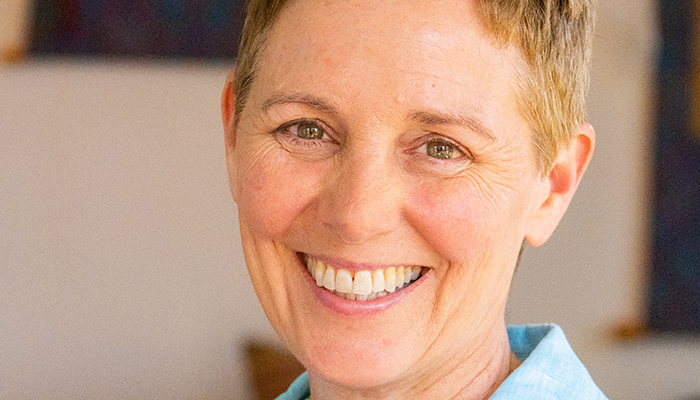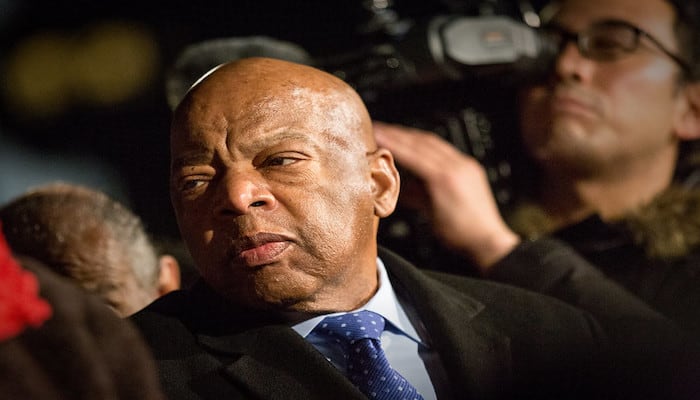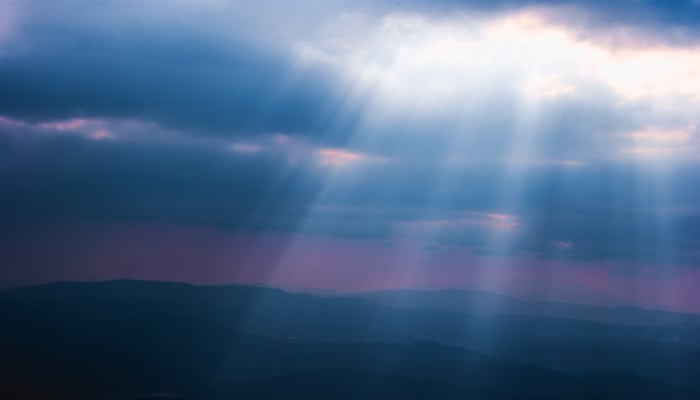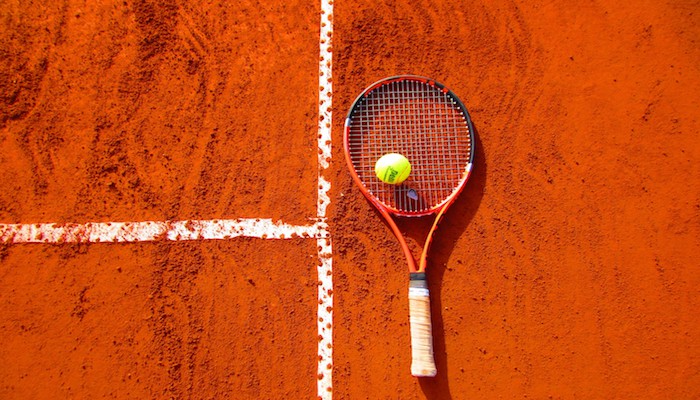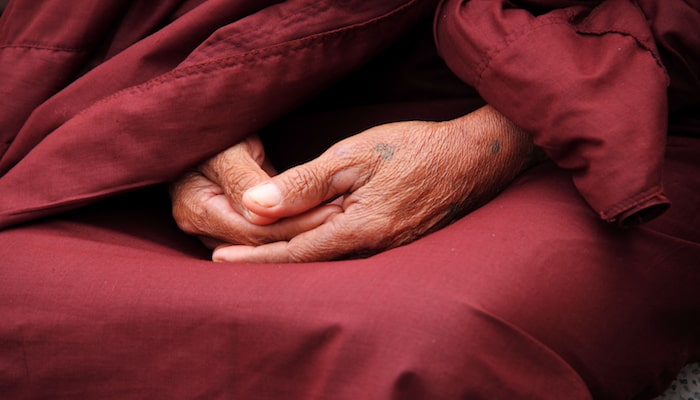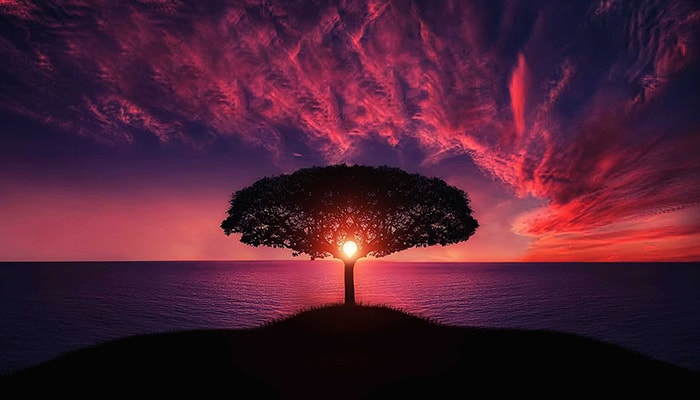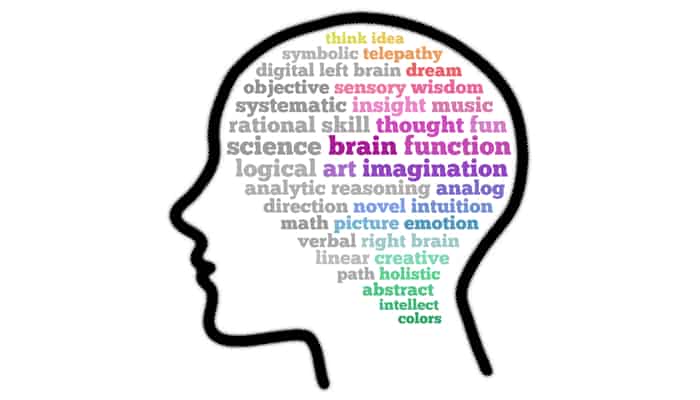Category: Laura Chandler
On the Air: Love’s Answer Podcast: Reclaiming Your Spiritual Experience with Laura Chandler and Elizabeth Sabet
In this episode of the Love’s Answer Podcast, Elizabeth Sabet interviews Laura Chandler, Executive Director of The Foundation of the Sacred Stream, to discuss reclaiming your experience in a world run by material reductionism.
Podcast: Episode 78: Lisa Broderick: All the Time in the World
Description: On this episode of the Sacred Stream Radio Podcast, Laura Chandler speaks with author, senior executive, and founder of the non-profit Police 2 Peace, Lisa Broderick. Lisa is an accomplished senior executive whose career has been defined by understanding how technology impacts society and changes behavior. She teaches that life is about constant change, in which energy and matter are the basis of transformation. Her passion lies in helping others with little or no scientific or spiritual training master their innate abilities with practices designed to improve their lives, their relationships, and the world.
Blog: John Lewis and the Good Trouble Path of Peace
By Laura Chandler
In a commencement speech he gave at Emory University, the late civil rights leader and Congressman from the 5th District of Georgia, John Lewis said, “You must find a way to get in trouble, good trouble, necessary trouble.” For decades, getting into good trouble has been the creed of Lewis, described as the “Conscience of Congress” by House Speaker Nancy Pelosi. His death on July 17, 2020 comes at a time of great social unrest in this country, yet his legacy offers us an example of how to proceed in these times and, even more importantly, it offers us hope.
Lewis was the last living member of the Big Six leaders who organized the 1963 March on Washington, and he led the historic first march across the Edmund Pettus Bridge, which became known as Bloody Sunday. His actions and work with the civil rights movement contributed to ending legal segregation in the United States and he continued his work and lifelong commitment to social justice and the causes of democracy, serving 17 terms in the US House of Representatives.
John Lewis’ life was one of activism informed by his faith. He was dedicated to nonviolence and learned the concepts of nonviolent protest through his study of Christian texts, trainings with the Nashville Christian Leadership Conference, and the example set by Mahatma Gandhi. Like Gandhi, Lewis and the participants in the early civil rights movement understood the power of nonviolent action and stood bravely in the face of oppressive hostility. Lewis endured physical beatings and was arrested over 40 times without succumbing to violence himself, and he held to this principle of nonviolence his entire life.
Blog: Life in the Time of COVID-19
By Laura Chandler
I’m fired up! I just read the most myopic “opinion” piece on a well-respected news site and it has me boiling. Not only is the news site prominent, the positioning of this opinion piece was, too. I like opinion pieces. I often learn things when I read them. However, after reading this, I was left feeling irritated and wondering how anyone could find this opinion useful. I am not going to site the article here, simply because I feel when people behave in this way, they are pretty clueless that they are behaving badly, and I don’t want to bash anyone. What I would like to do is point out the significance of focusing on what is important and what we all have to learn. This isn’t going away anytime soon, and we need to develop some tools for coping if we haven’t already.
Blog: Everybody Hurts: When Those You Love are Grieving
By Laura Chandler
As the REM song says, “Everybody hurts, sometimes.” It is the inescapable truth we all share as humans. We are going to experience pain. The holidays are a particular source of pain for people who have lost loved ones. Those celebratory holiday gatherings and fun parties can be a source of sorrow as they remind us of what is missing from our lives. Often times, for those who have lost a close friend or family member, the holidays are a time to withdraw, and a time to seek refuge in the quiet of solitude rather than the rush of holiday fervor. So, how do you help someone who is grieving?
Blog: Compassion, the US Open, and a Blueprint for Saving the World
By Laura Chandler
Something remarkable happened at the US Open this year when Naomi Osaka (currently ranked #1 in the world in women’s tennis) defeated 15-year-old tennis sensation, Coco Gauff in the third round. Naomi consoled a crying Coco on the sidelines. She told her it was alright to cry, then invited her to stay and join her for the post-match on court interview where she praised Coco for her talent. This display of sportsmanship was not only kind; it illustrated something even more significant about human nature and our ability to be strong and compassionate, simultaneously.
Blog: Aging Gracefully In A Youth Culture
By Laura Chandler
In a recent article in The Atlantic titled, “Your Professional Decline is Coming (Much) Sooner Than You Think” (July 2019), the author, Arthur Brooks, looks for a silver lining as he explores the idea of his own unavoidable decline and the loss of relevance he will suffer in old age. His investigation takes him to different psychological principles, Darwin’s theory of evolution, happiness studies, and ultimately to an Indian guru, Acharya. His question to this master was this: “Many people of achievement suffer as they age, because they lose their abilities, gained over many years of hard work. Is this suffering inescapable, like a cosmic joke on the proud? Or is there a loophole somewhere—a way around the suffering?”
Article: Art & Spirit: The Process of Creating
In our bustling society, with advertisements bombarding us from every angle and art being sold to us by astute marketers who study our inclinations right down to what we search online, it’s hard to imagine a time in our consciousness when art was not a specialized field done by specialized people. Sure, you may dabble, but when did you start thinking you weren’t good at something, or worse, you were not “good enough?” Perhaps the more pressing question is when did artistry become something that you admired in other people such that it caused you to doubt your own abilities? If you can remember that time, then you are remembering a very important moment in your history when you turned away from yourself and inadvertently obscured your relationship to that larger essence of interconnectivity, cutting yourself off from something precious and regenerative.
Blog: Winter Solstice: A Long Winter’s Night
By Laura Chandler
The winter solstice occurs on the day of the year when the earth’s axial tilt is farthest from the sun. Simply put, it is the shortest day of the year. It marks that point in time when the shortening of days changes and then begin to lengthen until the Summer Solstice, June 21st, when they shorten again, like the waxing and waning of the moon. Most westerners are not aware of this phenomenon of the sun. In fact, we are rarely attuned to the rhythm of the sky. Instead, we are focused on the gathering speed brought by the holidays.
Blog: Standing with Standing Rock
By Isa Gucciardi, Ph.D. and Laura Chandler
The brutality that has occurred at Standing Rock for so many months now reminds us of a history steeped in broken promises, outright lies, theft, and genocide. This is not new, yet it persists in new ways. When indigenous peoples lost their lands over and over again to the insatiable European appetite, a precedent was set; one that held nothing and no one sacred. Now history is repeating itself in North Dakota where the Sioux Nation is making another brave stand in the face of overwhelming force. But this time it is not just the Sioux who have gathered to protest and defend what is sacred.
Article: Buddhism, Ethics, and Psychology
By Isa Gucciardi, Ph.D. and Laura Chandler
The idea that there is a connection between Buddhism, in particular mindfulness practice that is derived from the principles of the Eightfold Path, and psychology, is not new. There are numerous books, research studies, and even college courses on the subject.
Many prominent psychologists, theorists, and scholars have cited the relevance of Buddhism. Leading Buddhist scholar and professor at Columbia University, Robert Thurman, in his book Infinite Life, suggests that Buddhism is the original psychology. Most recently, cognitive psychology has given the most attention to the study of Buddhism, mindfulness practice, and meditation. Yet, interest in these subjects dates back to the origins of the field.
Article: Notes Towards a New Understanding of Education: Bringing Intuitive and Empirical Learning Into Balance
By Isa Gucciardi, Ph.D. and Laura Chandler
As we approach the time of year where we traditionally return to formal education, it is important to consider the role that education plays in our lives. Education is defined in many different ways, and might generally be understood as a process where information regarding the nature of reality is transmitted from one person to another in a group setting.
This idea of reality could be described as a kind of consensus, based on empirical information that has been accumulated and synthesized into a modality that can be passed on through educational systems. The skillset that we develop in order to participate in this process of education requires that each individual must, to some degree, attune to the demands of the group, the desires of the instructor, and work towards the development of a rational intellect that can reproduce what is taught in a socially acceptable way. These are important skills, and necessary for members of any society.
There is, however, another important aspect of learning that is almost completely overlooked in traditional educational environments.
Article: The Ancient Roots of Huna
By Isa Gucciardi, Ph.D. and Laura Chandler
The Huna tradition of Hawaii is a shamanic tradition with roots far deeper than the Pacific Islands. It is a window into a much more ancient wisdom – one that flows beneath all shamanic and spiritual traditions. Like flowers blooming on the same vine, spiritual traditions draw from a similar source. Just as each flower is unique, each culture is unique in the way that it expresses and preserves specific aspects of this underlying body of knowledge. The Huna tradition offers a rare perspective of this source and a glimpse into the ancient oral traditions that have existed from the beginning of humankind.

